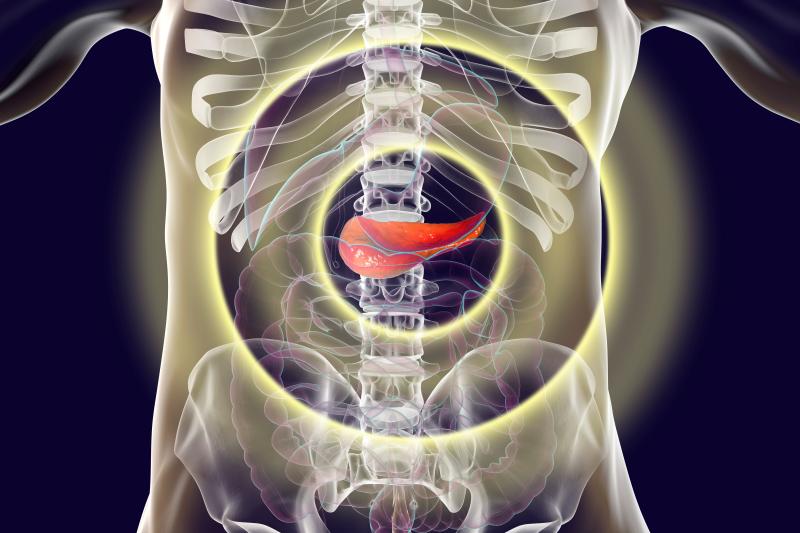
Elderly patients of pancreatic ductal adenocarcinoma (PDAC) suffer from worse health-related quality of life (HRQoL), particularly in terms of physical health status, a recent study has found.
Researchers enrolled 128 elderly adults with PDAC (mean age, 76.2±6.4 years; 54.7 percent female) and 512 matched controls (mean age, 76.2±6.4 years; 54.7 percent female) who had no history of cancer. The Short Form 36 (SF-36) and the Veterans-RAND-12 (VR-12) were used to measure HRQoL and the corresponding physical (PCS) and mental (MCS) component summary scores.
Patients and controls were generally comparable in terms of the total number of comorbidities (p=0.4), though cancer patients were more likely to have diabetes (p<0.001), while musculoskeletal diseases were more common in controls (p=0.03).
However, independently of such comorbidities, PDAC patients reported significantly lower mean PCS than healthy controls (29.3±1.2 vs 36.3±0.7; p<0.001). MCS scores were better than PCS, but patients continued to suffer worse HRQoL in this domain than controls (44.8±1.1 vs 49.0±0.7; p<0.001). The resulting adjusted mean differences were 7.0 and 5.1 for PCS and MCS, respectively.
Notably, however, the total number of comorbidities and system-level comorbidities nevertheless appeared to have a negative impact on PCS and MCS in controls.
“The results of this analysis emphasize the need for more attention on the HRQoL of older patients with PDAC,” the researchers said. There have been preliminary investigations regarding possible interventions that may help with this problem, including early supportive care psychotherapy, psychiatric means and symptom management. However, further studies are needed to draw definite conclusions.